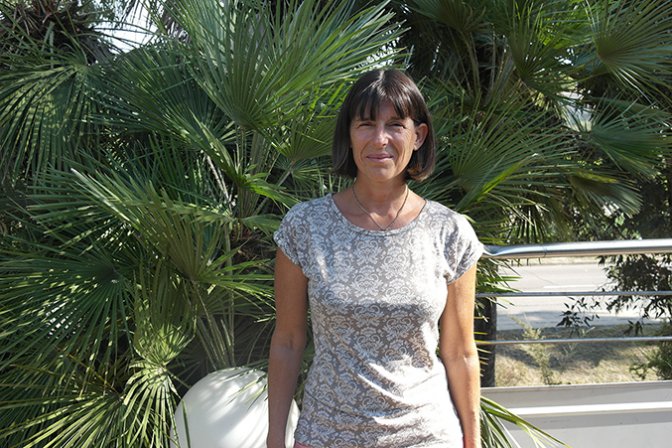A few days before the 27th Science Council of the Foundation, we invite you to get to know the members (past and present) of our Science Council. Interview with Carole Sinfort, Director of Training and Scientific Policy, Montpellier Supagro.

Why did you become a researcher?
At first I was fascinated by the biology classes in the first grade. After graduating from graduate school, which was more like engineering, I managed to switch back to a teaching and research position that I have held to this day. What I liked at the time was pushing the limits of knowledge, mastering concepts, being at the cutting edge of knowledge. But very quickly, what fascinated me was responding to societal issues and finding solutions to concrete problems.
What does a "scientific community" mean to you?
For me, the concept of a scientific community is very much in line with the question of how to respond to research issues and corresponds to the vision that I have tried to share with my students. My research activities focused on the evaluation and optimization of plant protection treatment equipment. What I understood very quickly was that in order to limit the impact of phytosanitary products, there would be no miracle solution that would involve magical products, super-innovative machines, tampered plants or ingenious practices, but that it was necessary to act on a myriad of actions and that all possible solutions had to be sought in a complementary and coordinated manner. When the first French "Ecophyto Plan" was set up, the only actions envisaged were plant improvement and the development of organic farming. It took the second part of the plan to integrate technological aspects and practices. Faced with these complex problems, it is necessary to tackle them on all fronts by moving forward together, not by pulling things out of the box. That’s what I call a true scientific community.
Could you tell us a brief story from your participation in the Foundation’s Science Council?
What has marked me since I have been on the Foundation’s Science council is the discovery of projects, very open to the South, very integrative with a real openness to society, transfer, training and participatory approaches that make us believe that there really are solutions and developments and that we have the power to move things forward in the right direction. Also worth mentioning: the quality of the welcome and the conviviality, the glass bottles of water and the fruit for the breaks!